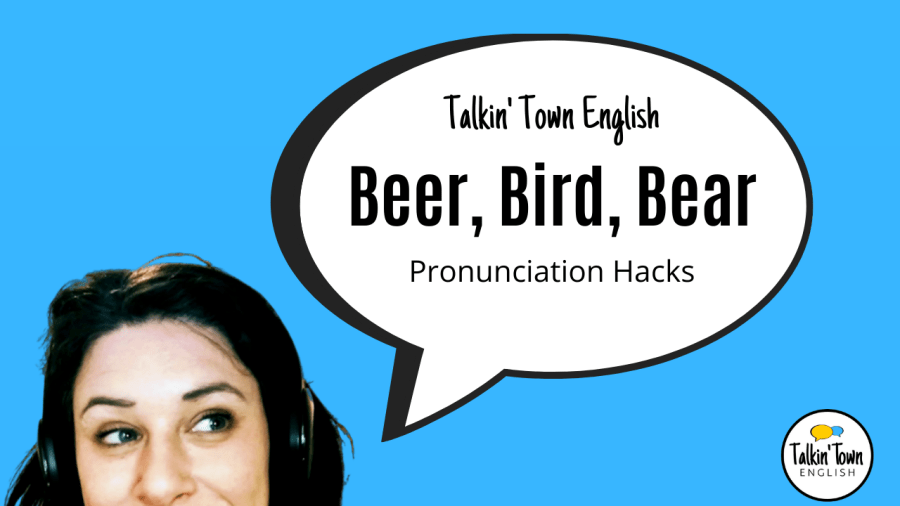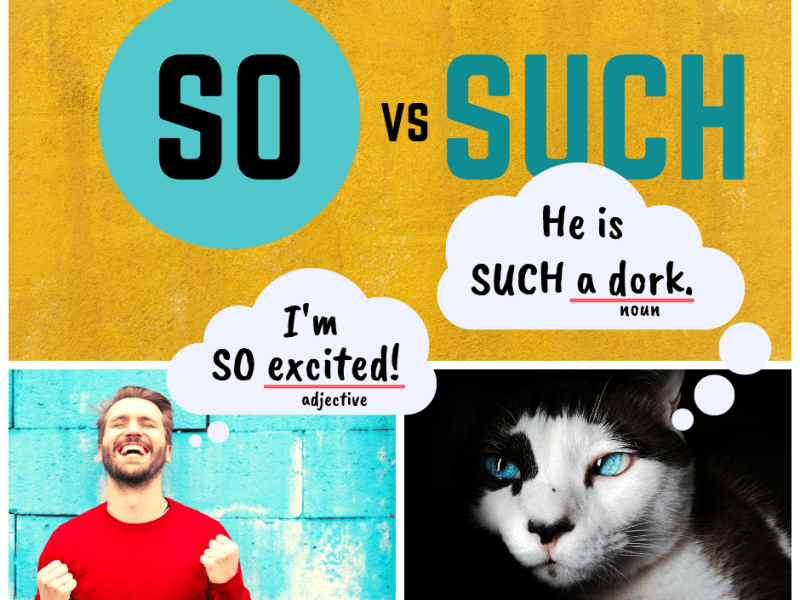Tag: English
The $5 Million Comma: The True Tale of the Oxford Comma Lawsuit
If you don't think bad grammar can cost you, think again. In this case, one…
Digital Flashcards Are Here, and I’m So Flipping Excited!
I recently transitioned to online teaching again, so I really needed a way to showcase…
How To Talk About Your Period in English. Yes, That Period.
Happy Women's Month! I am marking the occasion with an English lesson devoted entirely to…
Variations on 4 Card Games ESL Students Will Flip Over
Breaking News! ESL Students prefer playing games to studying grammar. Thanks, Captain Obvious. Now, let's…
From Zoom back to Room: Writing a Reflection To Maximize Online Learning
The brave new world of cyber study It certainly does take a world of courage…
8 Phrasal Verbs with BACK and How To Use Them Like a Pro
The preposition back generally means to return. But there are many different ways you can…
Used to vs. Usually: What’s the Difference?
Used to When I was a kid, I used to jump off cliffs into the…
Borrow or Lend: What’s the difference?
It's easy to confuse these two terms. They are used when we give or take…
So or Such: What’s the difference?
Cats are so funny. You never know what they are really thinking about you, but…










